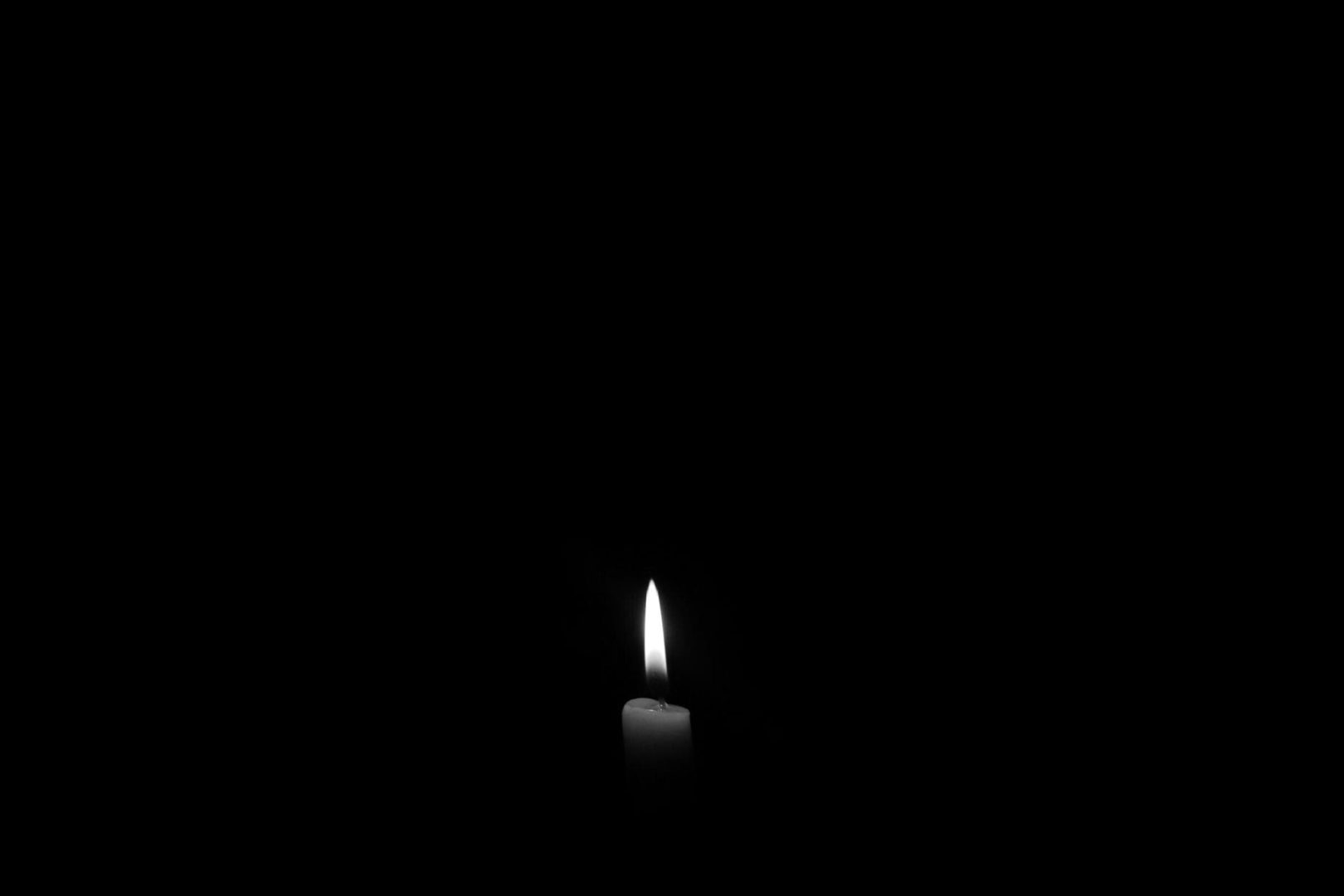I read this play almost a year ago by Jean-Paul Sartre called Huis Clos, or in English: No Exit. I was quite shocked, maybe because I have never read for Sartre and I went in with no expectations or prior knowledge of his philosophy. The play revolves around three characters in their afterlife, and the three of them have been sent to hell because of their actions on earth. Now, their punishment does not come in the forms of torture, demons or anything that comes to mind when we think of hell, really- instead, their torture came in this form: they were stuck in a room together for eternity. Now, if we give that a thought, we would think, “And how is that hell?” Or at least that is what came to my mind as well as the minds of Garcin, Inez, and Estelle, who are the three individuals stuck in that room together.
How is that torture? I mean you just sit there with the three people and you call it torture. I was confused. I was even more confused over the fact that they tried to not talk to each other.
However, as I continued reading, I realized that it really was the worst form of torture! It was so for two main reasons- the first being that they could hear the bad-talk all the people on earth are saying about them, and the second being that the three of them possessed qualities that brought the worst out of one another. That is where the very famous line in this play: “L’enfer, c’est les autres” or “Hell is other people” comes from. A line more often than not misinterpreted, refers to the struggle of viewing oneself as an object in the eyes of other people.
Now, I have to say this play got me thinking. It got me questioning. My questions, however, were not about hell or the afterlife. On the contrary, they were about the world we live in today, because, in a way, it does seem like hell, and we are getting tortured every day, especially with technology arising and being a much bigger part of our life.
Maybe we are living in hell- or at least one form of hell- and what makes this worse is that we choose to stay! We choose to continue living through hell. We are incapable, as humans, of escaping our hell because with this freedom comes responsibility we may be scared of. There was one scene that stuck with me quite a bit: the door to hell was open and Garcin does not escape the room- he does not try to run away from his hell; he stays there to seek the understanding and acceptance of another person who judged him and labelled him as a coward. In the same way, we try to make the people who call us stupid call us smart, and the people who label us as cowards to label us brave. We hope to grasp the validation of the people who make us feel bad.
Imagine this scenario: a boy in school is walking in the playground when this bully comes up to him and makes fun of his body by making nasty comments. The boy stands there, guard down, incapable of defending himself. There is a teacher a few feet away. His brain is screaming: TELL THE TEACHER! but he just walks away in silence.
Why? Just why?
Because he is too embarrassed. He is too embarrassed to go up to a teacher and complain about the boy who bullied him for how he looks, because he believes it is true, because he will not stand there in front of a teacher and say I was bullied for how I look because he may think that it was already humiliating enough to go through it. Now, will the person who bullied him stop bullying him? Probably not, as he did nothing about it. He has seen himself in the eyes of someone else- he perceived those evil eyes as the mirrors that he does not own. (Look up Cooley’s looking-glass theory!)
We seek redemption and acceptance from other people, but we often receive condemnation- and we respond to that condemnation. I may choose to lose weight to change people’s disapproval to compliments- to receive acceptance and not for myself.
We respond to judgment and condemnation, and so I think judgment is torturous. We do not only get tortured but we also torture those around us, and we also torture ourselves.
We do not have to be ‘beaten up and burnt’ to experience hell, because in a sense we are living through it every single day. It is psychological torture.
We feed on power, which we try to possess in different ways. Some believe that power comes from being desired and so, seek the judgment of other people, literally torturing themselves. Another person may seek their power in controlling the person who seeks to be desired because they feed on dominance and other people’s weaknesses- and so, they will shy away from weakness and the lack of power; they would lie to hide their flaws and anything that could make them seem anything but strong. This cycle could go on forever. One seeks comfort from another person to only receive their torture while that person is hiding their own flaws by inflicting their power.
Metaphorically speaking, Hell is a place of unending judgment- that is what Sartre was trying to put out there- but so is Earth, and it’s a scary thought. It is scary to think that we are living in a form of hell.
Maybe I am overthinking it; maybe I am not. It is worth a thought regardless, and the play is definitely worth a read; it’s beautifully written.


